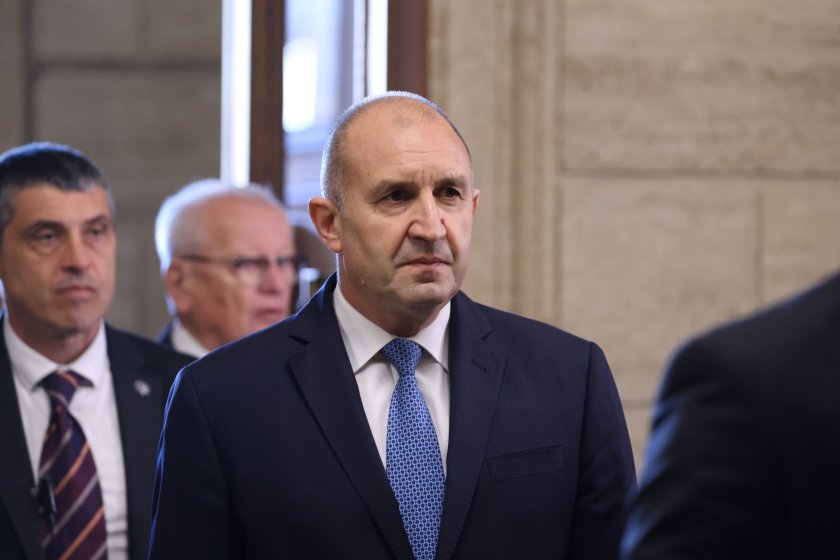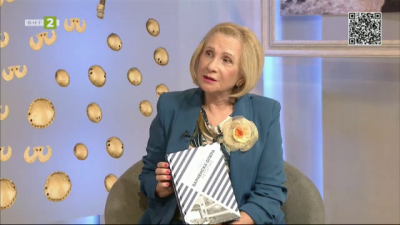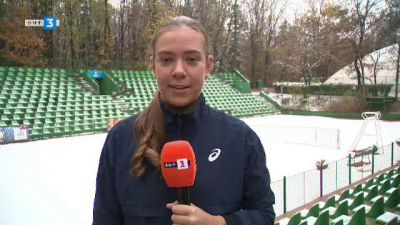President Radev vetoed changes to the Investment Promotion Act

President Rumen Radev on April 29 vetoed certain provisions of the Investment Promotion Act that endanger the constitutionally guaranteed right of Bulgarian citizens to a healthy environment.
Without contesting the need to speed up the construction of strategically important facilities, the President returned to the National Assembly for further discussion the texts, the implementation of which would reduce the level of responsibility of the administration for the protection of people's lives and health during the implementation of large-scale projects.
According to the Head of State, the legislation should allow for the rapid and qualitative construction of the sites that are important for Bulgaria, but at the same time be in line with the state's obligation to protect its citizens and nature.
This principled position of the President has been consistently expressed in the exercise of his veto power. This is the third time, after his decrees of 2017 and 2019, that Rumen Radev has objected to measures similar to those adopted in this law.
Provisions that shorten the time for competent authorities to rule on the environmental impacts of a project and introduce the principle of tacit consent for its implementation have been returned for reconsideration.
This principled position of the President has been consistently expressed in the exercise of his veto power. This is the third time, after his decrees of 2017 and 2019, that Rumen Radev has objected to measures similar to those adopted in this law.
Provisions that shorten the time for competent authorities to rule on the environmental impacts of a project and introduce the principle of tacit consent for its implementation have been returned for reconsideration.
The limitation of the possibilities for judicial review and the extension of the validity of certain decisions which are expiring or have already expired have also been challenged.
The Head of State also challenges the creation of preconditions for the acquisition of property owned by public enterproses, which entails a risk of harming the public interest.
According to the President's reasoning, a further discussion in the National Assembly is also necessary because these amendments, tabled between the first and second readings in the procedure for adopting the law, were voted on without a public debate in the absence of a preliminary impact assessment and a financial justification.
Get the latest news wherever you are!
Follow us on
Facebook
and
Instagram
Follow BNT’s YouTube channel
You can now also watch us on
TikTok
Find us on
Google News






















